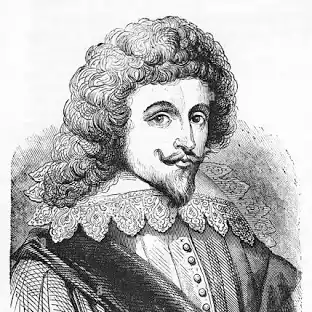
Honoré d’Urfé
Honoré d’Urfé (1568–1625) was a French novelist and poet best known for his pastoral romance L’Astrée, which significantly influenced French literature. His poetic style blended classical themes with a focus on nature, love, and the complexities of human emotion. D’Urfé’s work is notable for its lyrical beauty and intricate character development, establishing him as a key figure in the early modern literary landscape.
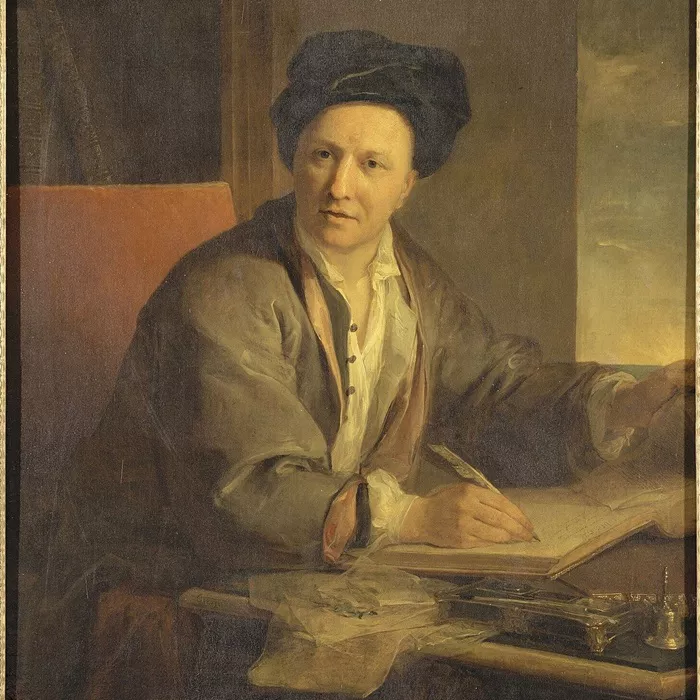
Bernard Le Bovier de Fontenelle
Bernard Le Bovier de Fontenelle (1657–1757) was a prominent French writer, philosopher, and poet known for his contributions to the fields of science and literature. His writings often combined a clear prose style with poetic elements, making complex scientific ideas accessible to a broader audience. Fontenelle’s work laid the groundwork for the Enlightenment, showcasing the intersection of reason and imagination in his exploration of nature and philosophy.
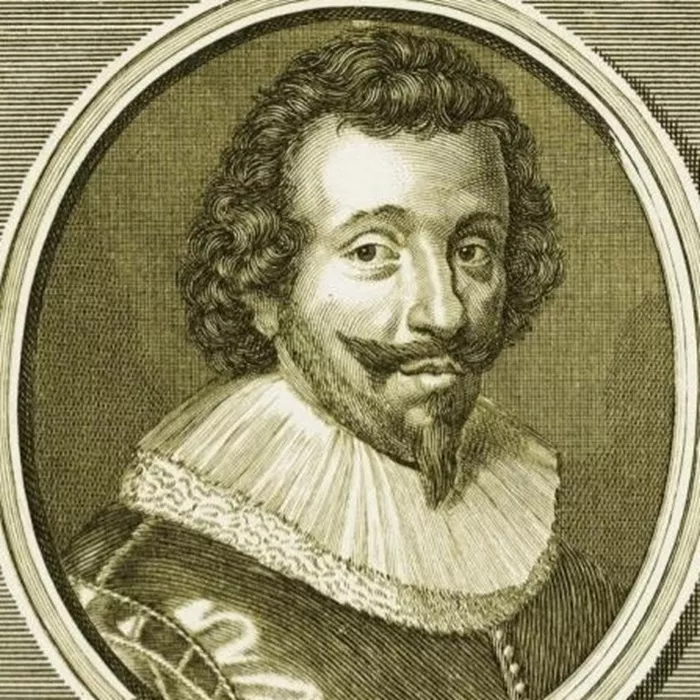
Théophile de Viau
Théophile de Viau (1590–1626) was a French poet and playwright celebrated for his innovative approach to poetry and his rebellious spirit against the conventions of his time. His works often explored themes of love, nature, and the human condition, marked by a bold and personal style. Viau’s poetry was significant in the transition towards modern French literature, influencing subsequent generations of poets.
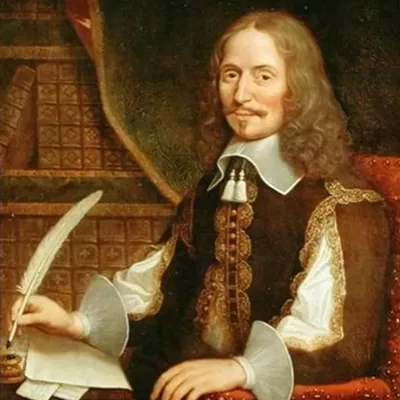
Vincent Voiture
Vincent Voiture (1597–1648) was a French poet and writer known for his clever wit and mastery of the French sonnet form. He was a prominent figure in the early 17th-century literary scene, appreciated for his light-hearted, often satirical verse that engaged with contemporary social and political themes. Voiture’s contributions to French poetry and prose helped shape the literary culture of his time.
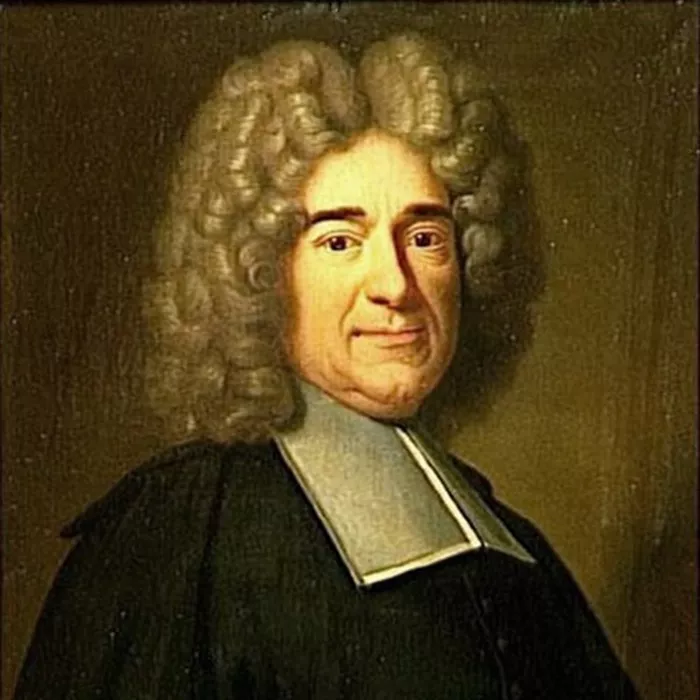
Gaspard Abeille
Gaspard Abeille (1648–1718) was a French poet and member of the Académie française, renowned for his elegant and refined poetic style. His works often celebrated themes of love, beauty, and the pleasures of life, characterized by a harmonious blend of classical influences and personal expression. Abeille’s poetry, marked by its lyrical quality, played a significant role in the development of 18th-century French literature.
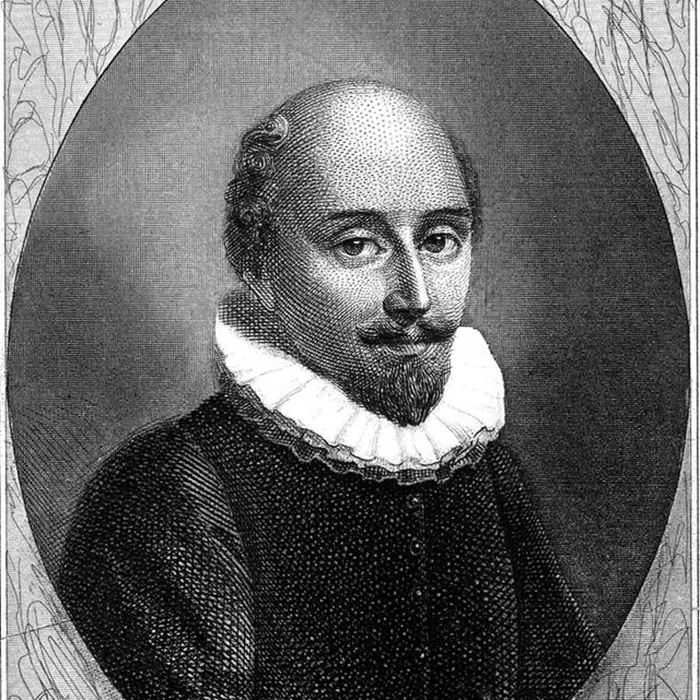
Jean Vauquelin de la Fresnaye
Jean Vauquelin de la Fresnaye (1536–1607) was a French poet celebrated for his pastoral and allegorical works, which blended classical inspiration with contemporary themes. His poetry often explored the beauty of nature, love, and the human experience, demonstrating a profound appreciation for the natural world. La Fresnaye’s contributions enriched the French literary tradition, paving the way for future generations of poets.
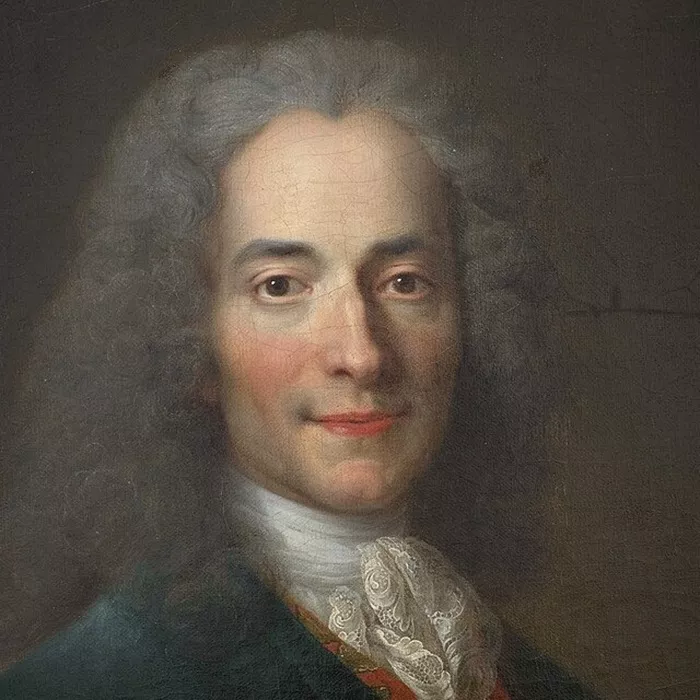
Voltaire
Voltaire (1694–1778) was a prominent French Enlightenment writer, historian, and philosopher, known for his wit and advocacy of civil liberties, including freedom of speech and religion. His vast body of work includes plays, poetry, essays, and historical writings. Voltaire’s sharp critique of societal norms and powerful figures shaped modern thought and remains influential in discussions of justice and human rights.
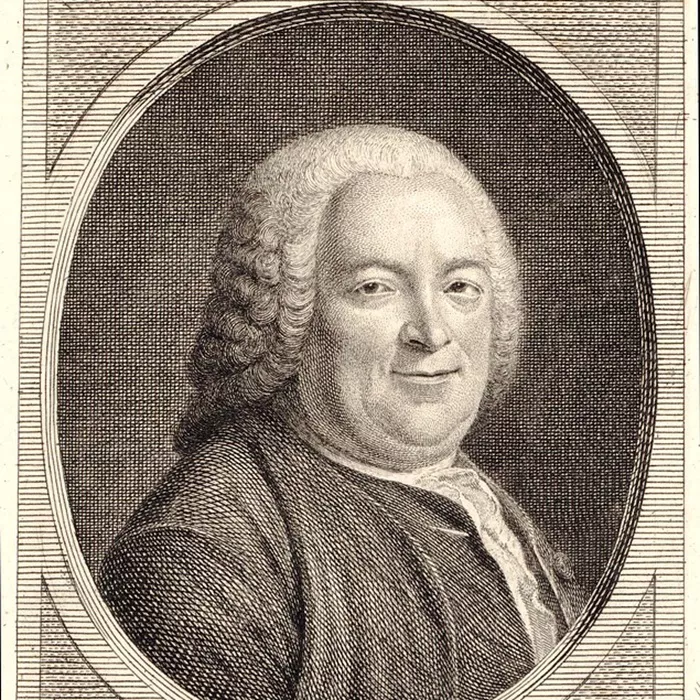
Charles-François Panard
Charles-François Panard (1689–1765) was a French poet and songwriter renowned for his humorous and satirical verses. His work often blended wit with a keen observation of social life and human folly. Panard’s poetry reflects the spirit of his time, providing a light-hearted commentary on various subjects, from love to politics. He is remembered for his contributions to French lyrical poetry.
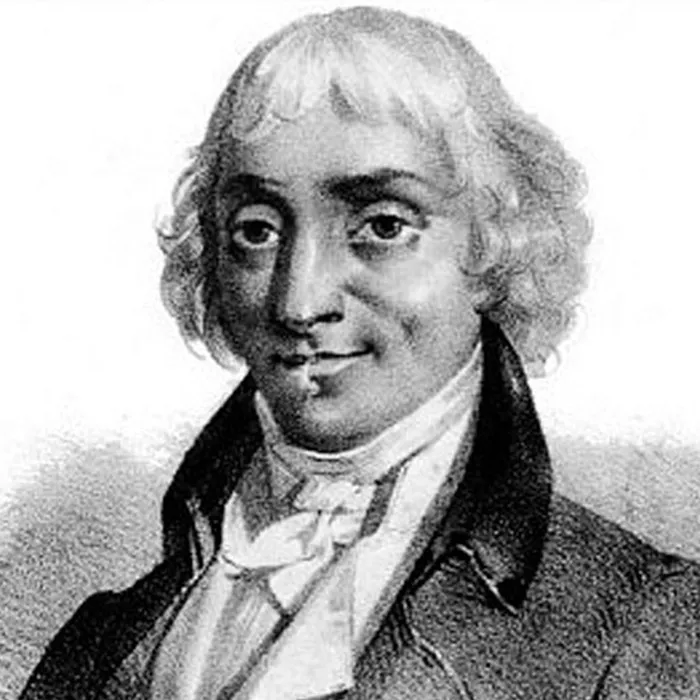
Évariste de Parny
Évariste de Parny (1753–1814) was a French poet known for his passionate and sensuous poetry. Influenced by both the Romantic and Enlightenment movements, he often explored themes of love, nature, and nostalgia. Parny’s works are characterized by their emotional depth and lyricism, which earned him a prominent place in French literature. His writings reflect a unique blend of elegance and sentiment.
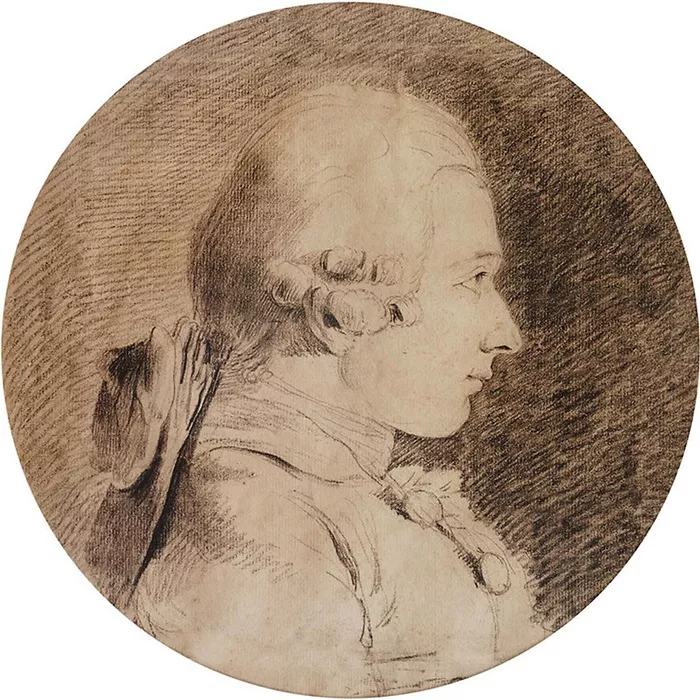
Marquis de Sade
Élisabeth Guibert (1725–1788) was a notable French poet known for her lyrical poetry and contributions to the literary salons of her time. Her works often delve into themes of love, nature, and personal reflection, revealing the emotional landscape of her experiences. Guibert’s poetry, marked by its grace and elegance, played a significant role in the development of female literary voices in 18th-century France.
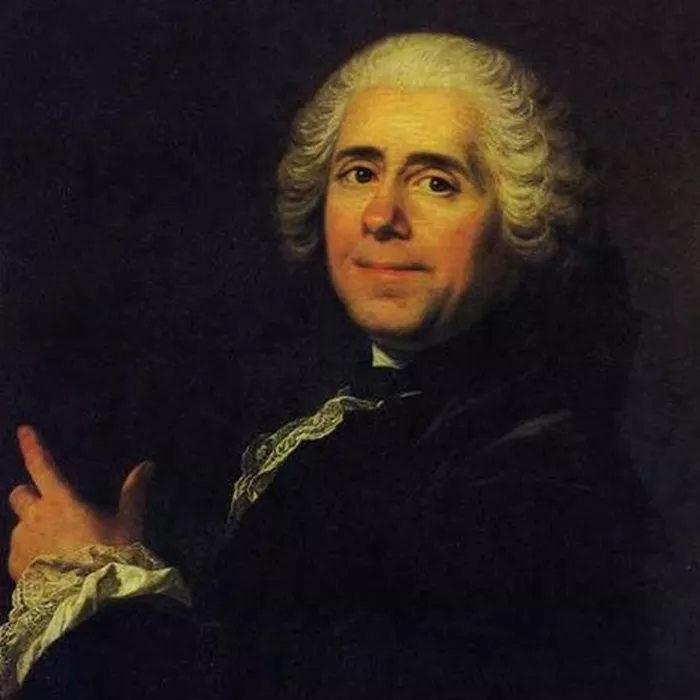
Pierre de Marivaux
The Marquis de Sade (1740–1814) was a controversial French writer and philosopher best known for his provocative and scandalous works that explored themes of sexuality, morality, and freedom. His literary contributions challenge societal norms and delve into the complexities of human desires. Despite his notoriety, Sade’s works sparked important discussions about individual liberties and the nature of pleasure, influencing later literary movements.
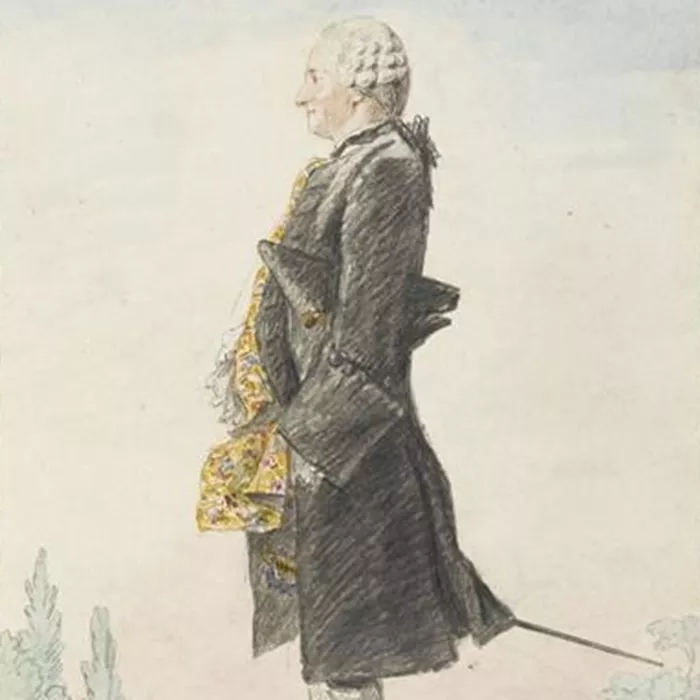
Bernard-Joseph Saurin
Pierre de Marivaux (1688–1763) was a distinguished French playwright and novelist, celebrated for his insightful explorations of human relationships and social dynamics. His writing often features intricate dialogue and a keen sense of irony, reflecting the complexities of love and desire. Marivaux’s unique style and themes of emotional conflict and self-awareness have left a lasting impact on French literature and theater.
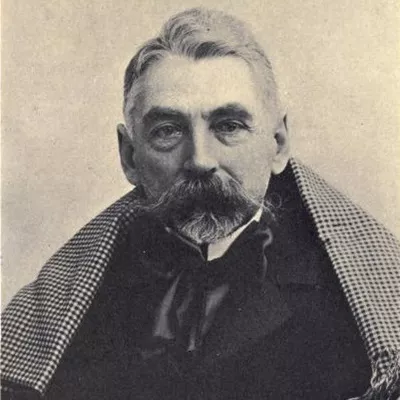
Stéphane Mallarmé
Stéphane Mallarmé (1842–1898) was a pivotal figure in French symbolism, known for his complex and innovative poetry. His works often delve into themes of ambiguity and existential contemplation, challenging traditional forms and structures. Mallarmé’s emphasis on the musicality of language and the significance of the written word had a profound influence on modern poetry, inspiring subsequent generations of poets and artists.
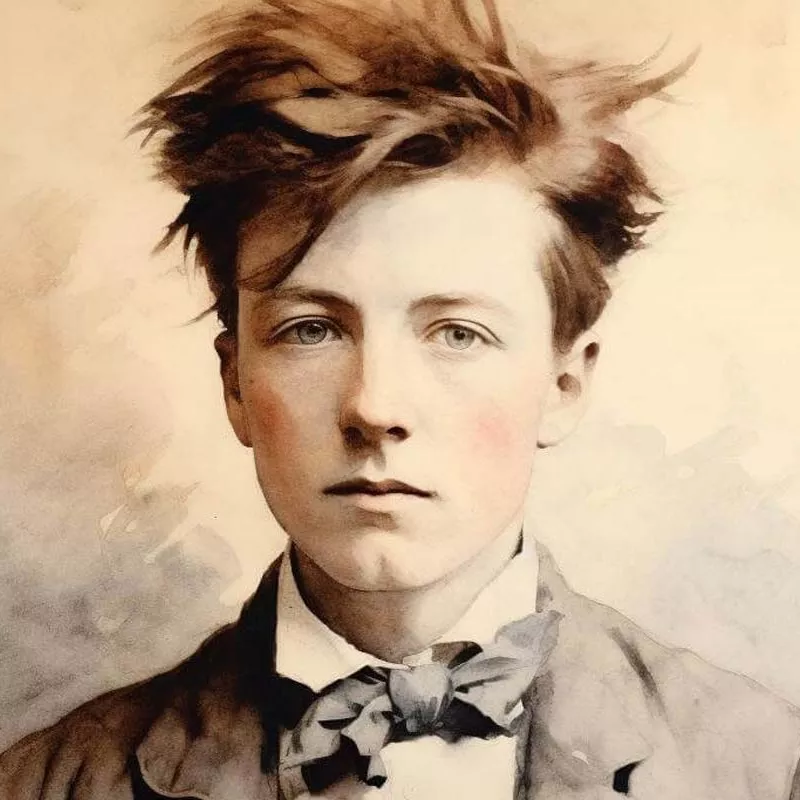
Arthur Rimbaud
Arthur Rimbaud (1854–1891) was a revolutionary French poet whose brief but impactful career reshaped the landscape of literature. Known for his vivid imagery and bold themes, Rimbaud explored the depths of human experience and emotion. His radical approach to language and form laid the groundwork for Symbolism and Surrealism, making him a key figure in 19th-century literature and a precursor to modern poetry.
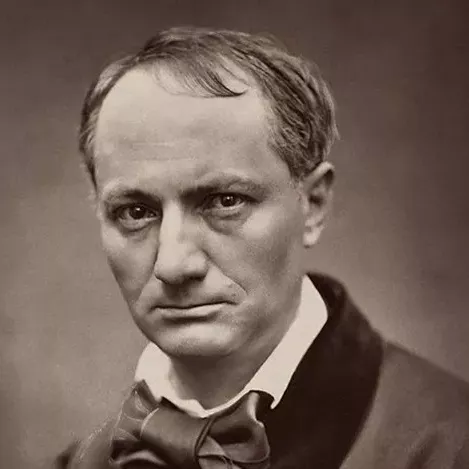
Charles Baudelaire
Charles Baudelaire (1821–1867) was a seminal French poet whose work profoundly influenced modern literature and art. Best known for his exploration of beauty, decadence, and the human condition, Baudelaire’s poetry often grapples with themes of mortality and urban life. His innovative style and use of imagery helped lay the groundwork for Symbolism, making him a cornerstone of 19th-century poetry.
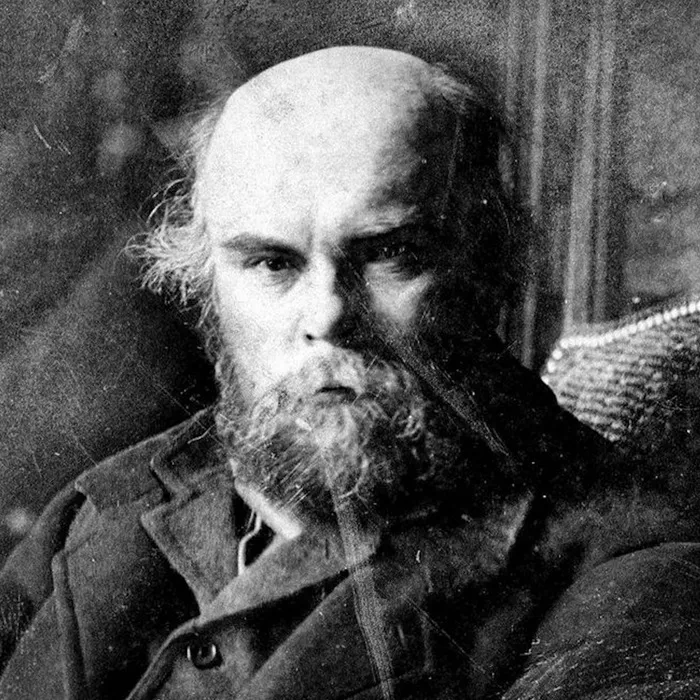
Paul Verlaine
Paul Verlaine (1844–1896) was a prominent French poet associated with the Symbolist movement. Renowned for his musicality and emotional depth, Verlaine’s work often reflects themes of love, nature, and personal struggle. His innovative use of rhythm and imagery revolutionized French poetry, influencing countless writers. Verlaine’s tumultuous life and relationships also infused his poetry with a sense of passion and vulnerability.
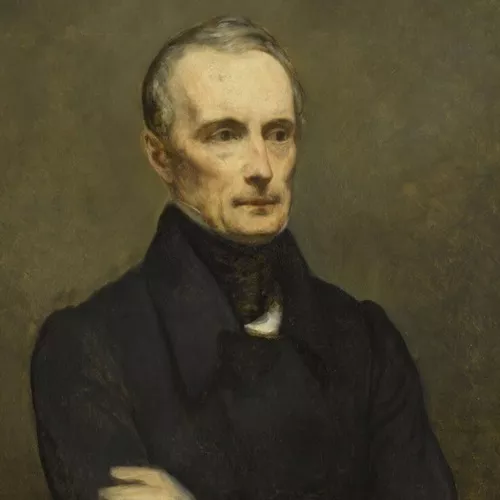
Alphonse de Lamartine
Alphonse de Lamartine (1790–1869) was a French poet, writer, and politician, recognized as one of the founding figures of French Romanticism. His lyrical poetry often expresses deep emotions and reflects on nature, love, and the passage of time. Lamartine’s eloquent style and philosophical musings contributed to a new direction in French literature, inspiring future generations of poets and writers.
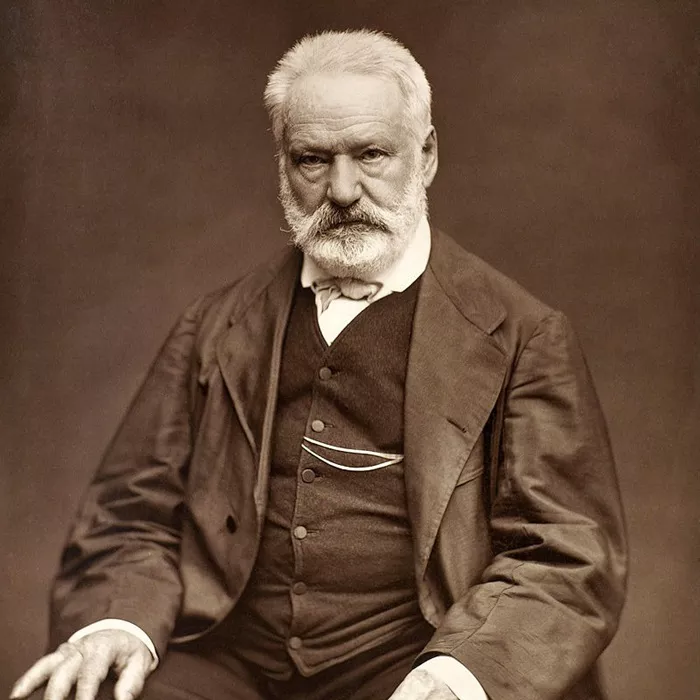
Victor Hugo
Victor Hugo (1802–1885) was a towering figure in French literature, celebrated for his poetry, novels, and plays. A leading voice of Romanticism, Hugo’s works often explore themes of social justice, love, and the human experience. His ability to blend passionate emotion with grand ideas has left a lasting impact on literature and culture, making him one of France’s most revered literary figures.
The 20th century was a dynamic and innovative time for French poetry, characterized by various movements such as Surrealism, Dadaism, and the emergence of new forms and voices. Here are some notable French poets of the 20th century:
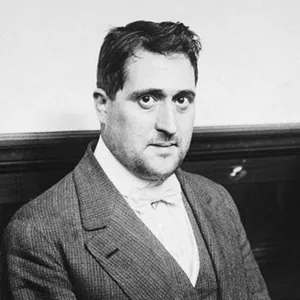
Guillaume Apollinaire
Guillaume Apollinaire (1880–1918) was a groundbreaking French poet known for his innovative style and use of visual elements in poetry. A key figure in the early 20th-century avant-garde movement, he introduced terms like “surrealism” and played a crucial role in connecting art and literature. Apollinaire’s works often reflect his experiences during World War I and explore themes of love, loss, and modernity.
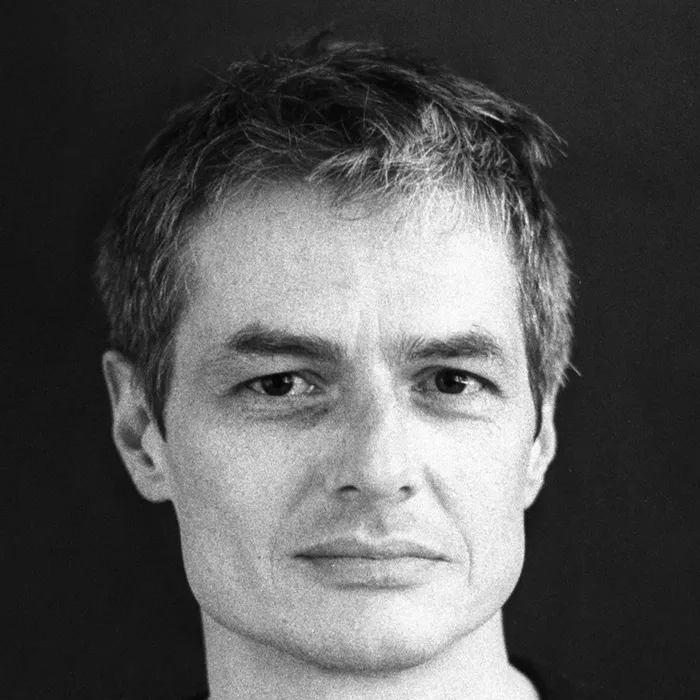
Pierre Alferi
Pierre Alferi (1963–2023) was a prominent French poet, known for his eclectic style and exploration of contemporary themes in poetry. His work blends influences from philosophy, music, and visual arts, often challenging traditional poetic forms. Alferi’s poetry reflects a deep engagement with the human experience, making him a significant voice in modern French literature and a central figure in the contemporary literary scene.
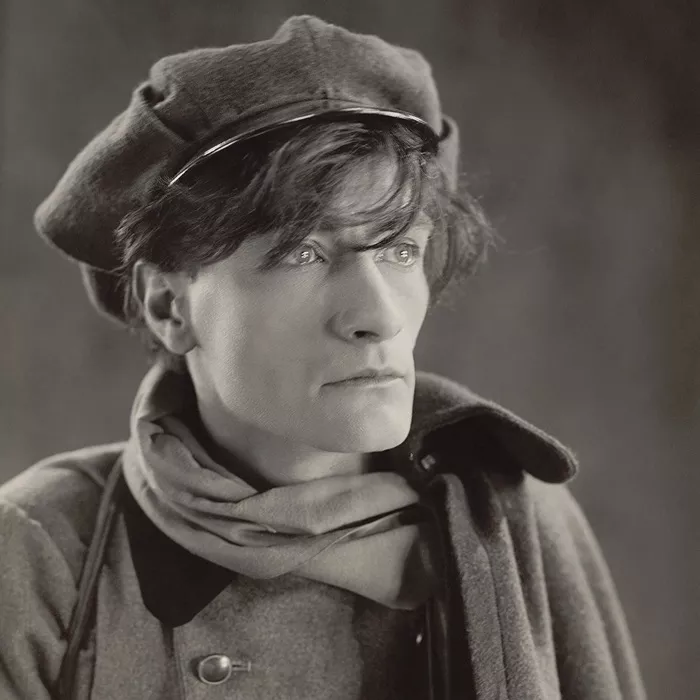
Antonin Artaud
Antonin Artaud (1896–1948) was a radical French playwright and poet, renowned for his influential ideas on theater and literature. He is best known for his concept of the “Theater of Cruelty,” which sought to challenge audiences emotionally and intellectually. Artaud’s work often explores themes of madness, existentialism, and the human condition, leaving a lasting impact on avant-garde art and performance.

Roger Bordier
Roger Bordier (1923–2015) was a notable French poet recognized for his unique voice and contributions to contemporary poetry. His work often combines elements of surrealism and personal reflection, exploring the complexities of human emotion and existence. Throughout his career, Bordier engaged with various literary forms, earning respect for his innovative approach and deep understanding of the poetic landscape.
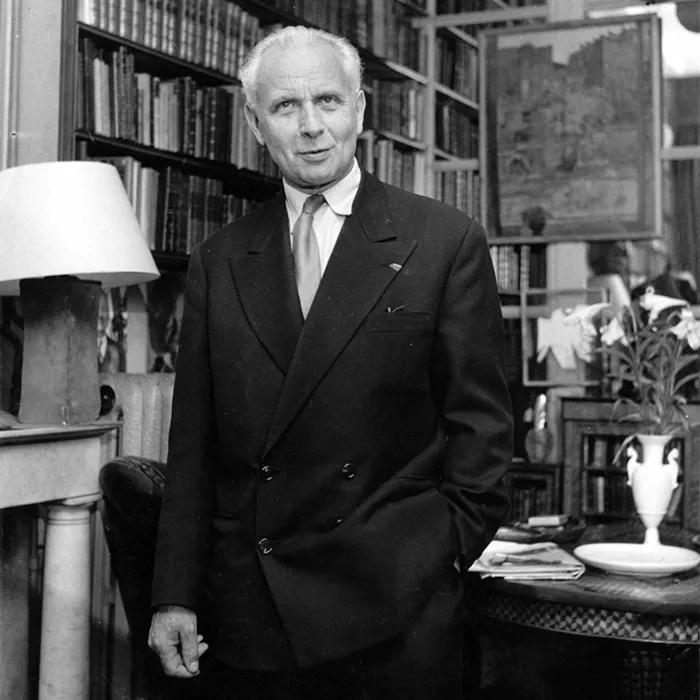
Louis Aragon
Louis Aragon (1897–1982) was a significant French poet and novelist, a prominent figure in the Surrealist movement and later a committed communist. His poetry is characterized by its passionate exploration of love, politics, and the human condition. Aragon’s extensive body of work, including collaborations with visual artists and contributions to avant-garde literature, reflects his lifelong dedication to pushing artistic boundaries.
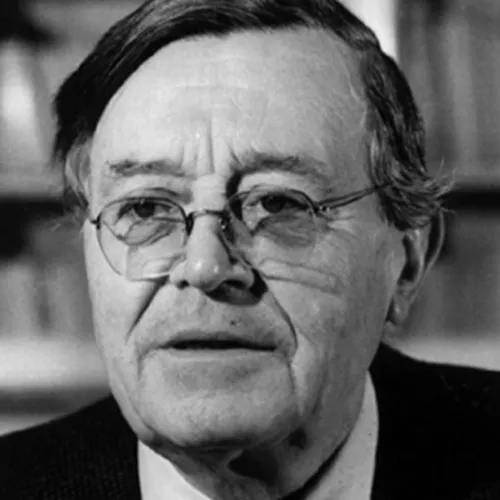
André Frénaud
André Frénaud (1907–1993) was a celebrated French poet known for his lyrical style and profound exploration of human experience. His poetry often reflects themes of love, nature, and existential reflection, with a focus on the interplay between the individual and the universe. Frénaud’s work is marked by its musicality and depth, establishing him as a key figure in 20th-century French literature.
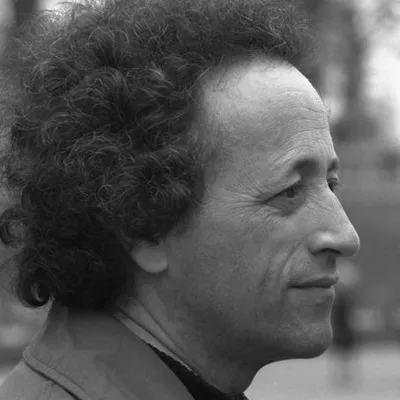
Bernard Noël
Bernard Noël (1930–2021) was a distinguished French poet, novelist, and essayist known for his innovative approach to language and form. His work often explored themes of identity, desire, and the interplay between reality and imagination. Noël’s poetry is characterized by its emotional depth and philosophical insights, engaging readers in a profound dialogue about existence and the human experience throughout the tumultuous 20th century.
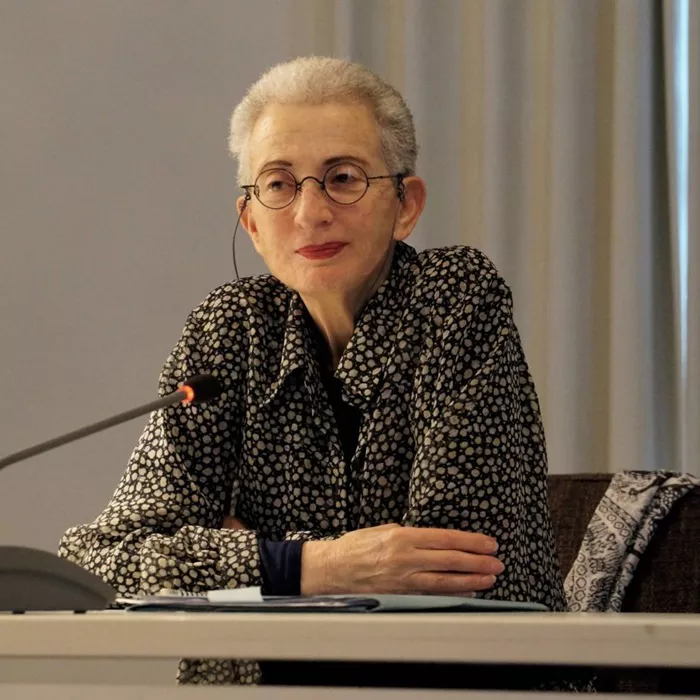
Hélène Cixous
Hélène Cixous (1937) is a prominent French feminist writer, philosopher, and playwright, celebrated for her contributions to literature and theory. Known for her experimental prose and poetic language, Cixous’s work challenges traditional narratives and gender roles. She advocates for women’s voices and bodies in literature, famously coining the term “écriture féminine.” Her influential ideas continue to inspire feminist discourse and literary criticism.
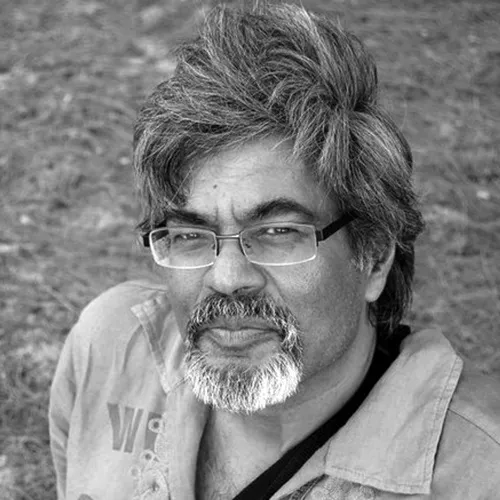
Khal Torabully
Khal Torabully (1956) is a Mauritian poet, writer, and essayist renowned for his exploration of multiculturalism and the diasporic experience. His poetry often reflects themes of identity, migration, and the richness of cultural diversity. Torabully’s work incorporates a blend of languages and influences, highlighting the complexities of post-colonial identity and offering a unique perspective on the human condition through his evocative imagery.
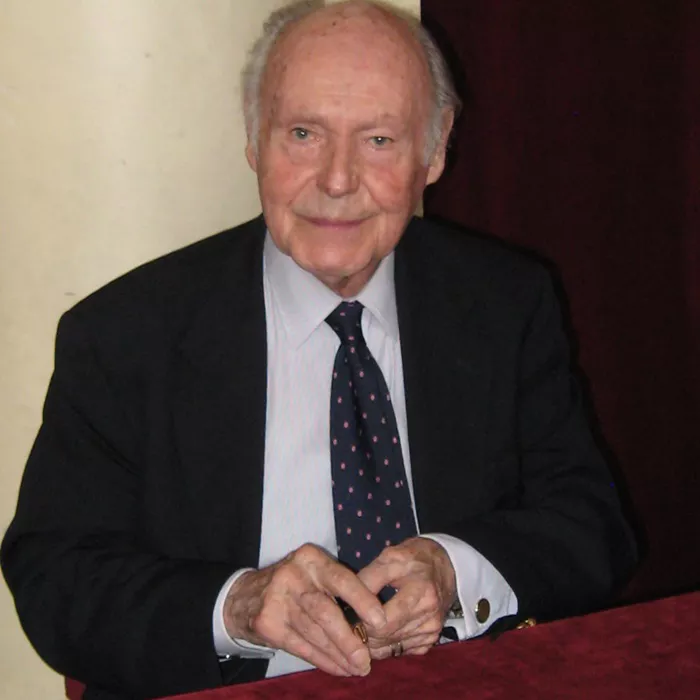
René de Obaldia
René de Obaldia (1918–2022) was a celebrated French poet and playwright, known for his whimsical style and sharp wit. His work often combined elements of absurdity with profound philosophical inquiries. Obaldia’s poetry reflects a unique blend of surrealism and realism, engaging readers with its playful language while addressing themes of love, war, and the complexities of human nature, making him a significant figure in contemporary literature.
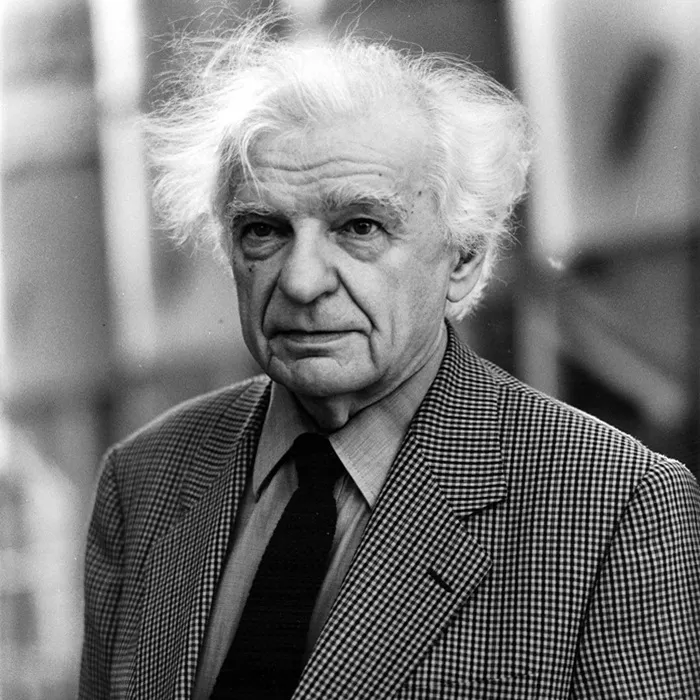
Yves Bonnefoy
Yves Bonnefoy (1923–2016) was a prominent French poet, essayist, and translator recognized for his lyrical and philosophical explorations of existence. His work often delved into themes of love, nature, and the search for meaning in a fragmented world. Bonnefoy’s rich imagery and profound insights into the human experience earned him international acclaim, establishing him as one of the leading voices in 20th-century French poetry.
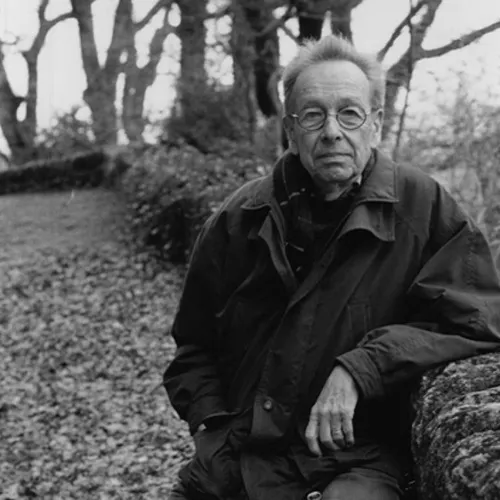
Philippe Jaccottet
Philippe Jaccottet (1925–2021) was a renowned Swiss poet and translator, celebrated for his delicate and evocative poetry. His work often reflects a deep connection to nature, exploring themes of beauty, transience, and the search for meaning. Jaccottet’s lyrical style and philosophical depth invite readers into a contemplative space, making him a significant figure in contemporary French literature and a master of poetic expression.
